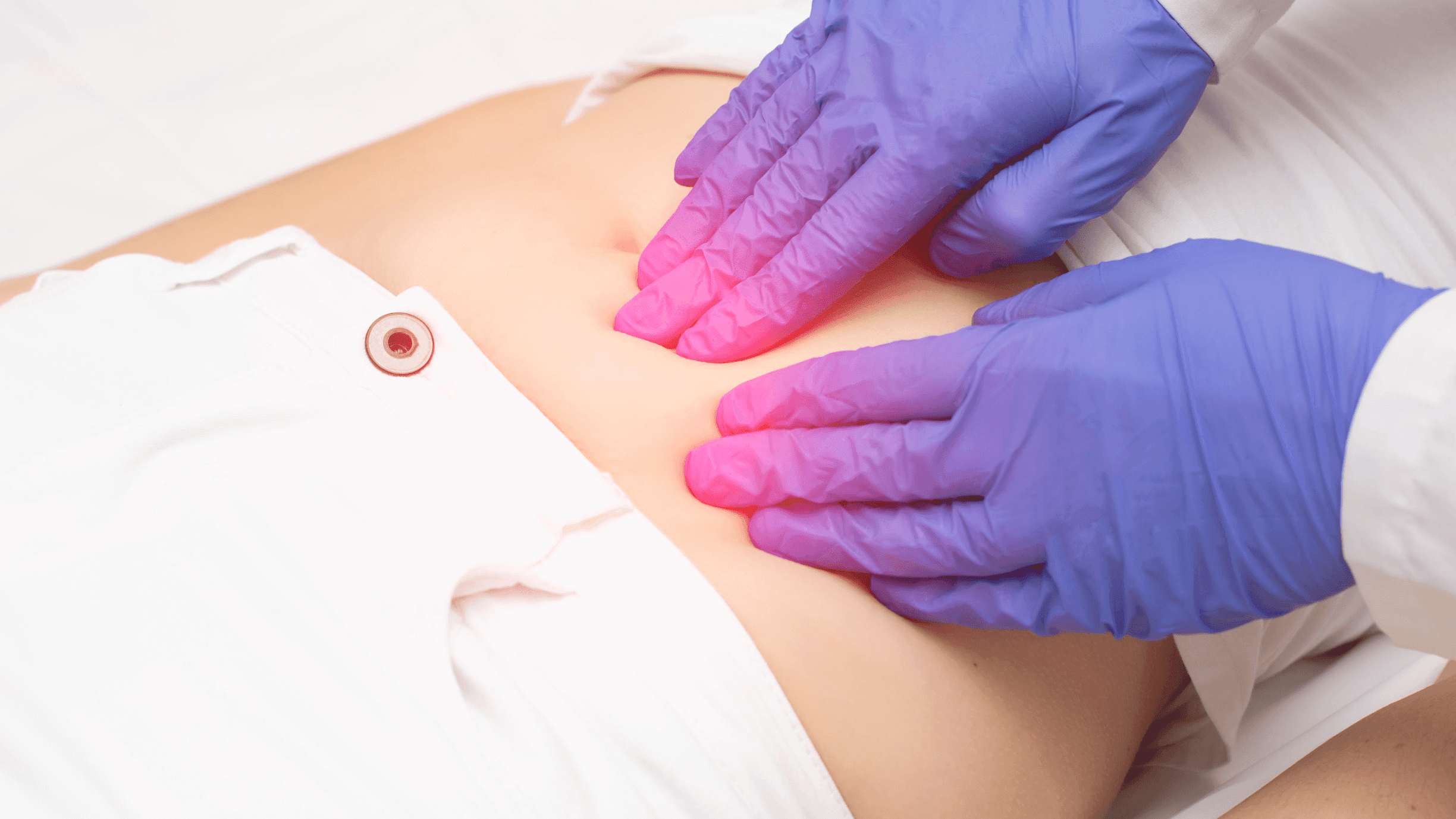Overview
If you look for the nearest bathroom everywhere you go, then you know that bladder problems can be a huge source of pain or embarrassment. From urinary tract infections to urinary incontinence, our board-certified physicians at iCare ER & Urgent Care in Frisco and South Fort Worth, TX are experienced in treating your bladder problems. With an on-site laboratory, we have the tools necessary to test, diagnose, and treat many urinary tract infections or incontinence.
Bladder Conditions
UTI/Bladder Infections
Bladder infections are a type of urinary tract infection (UTI) that are painful infections in the urinary tract. The urinary tract is made up of the bladder, kidneys, ureters, and the urethra — any of which can become infected. While bacteria is usually flushed out of the urethra during urination, it can sometimes remain and grow into an infection that travels through the urinary tract system. While some of these infections are simple and can be treated with medication, others are complicated, meaning they may be resistant to medication and can spread. Our experienced physicians can help you find which type of infection you have when you visit iCare. If you experience the following symptoms, you should come in to seek treatment:
- Pain while urinating — usually a burning or stinging sensation
- A constant or frequent urge to urinate, with little to no urine coming out
- Cloudy or reddish urine
- Urine with a strong smell
- Leaking urine
- The need to urinate several times during the night
- Pain in the back or beneath the ribs, where the kidneys are
- Fever, chills, nausea, or vomiting
Since UTIs can often cause more serious problems when left untreated, you should visit a doctor as soon as you notice the first symptoms of a UTI. Complicated UTIs can spread and cause permanent damage to the bladder and kidneys, or enter the bloodstream and affect other organs. You should come in immediately if you are pregnant, or if you have a fever of 101.5º F or higher. If you have recurring UTIs, we can perform tests to find the right treatment for you. If you’ve already been treated for a recent UTI, but your symptoms persist or worsen after taking antibiotics for 2 days, you should return to iCare as soon as possible.
Incontinence
The causes of involuntary urinary incontinence vary greatly. Most people feel a frequent urge to urinate and may even leak urine before getting to the bathroom. Incontinence can be caused by:
- Recurrent coughing with force
- Problems with the pelvic floor muscles
- Abnormalities of the bladder
- Bladder infections
- Kidney stones
- Neurological disorders
Seeking Medical Care and What to Expect
When you visit an iCare with bladder issues like a urinary tract infection or urinary incontinence, our qualified team of medical practitioners will first conduct a medical history interview. Then our physician will often order lab tests. Our comprehensive laboratory facilities ensure quick results, often within 15 minutes.
Treatment for incontinence varies and is dependent on the underlying cause. Our physicians may prescribe medication, suggest behavior strategies or refer you to a specialist. While bladder issues are usually seen in our urgent care, some instances may require treatment in our ER, such as a urinary tract infection combined with fever, pain, and vomiting.
Visit one of our locations today. Walk-ins are welcome, appointments are recommended.




